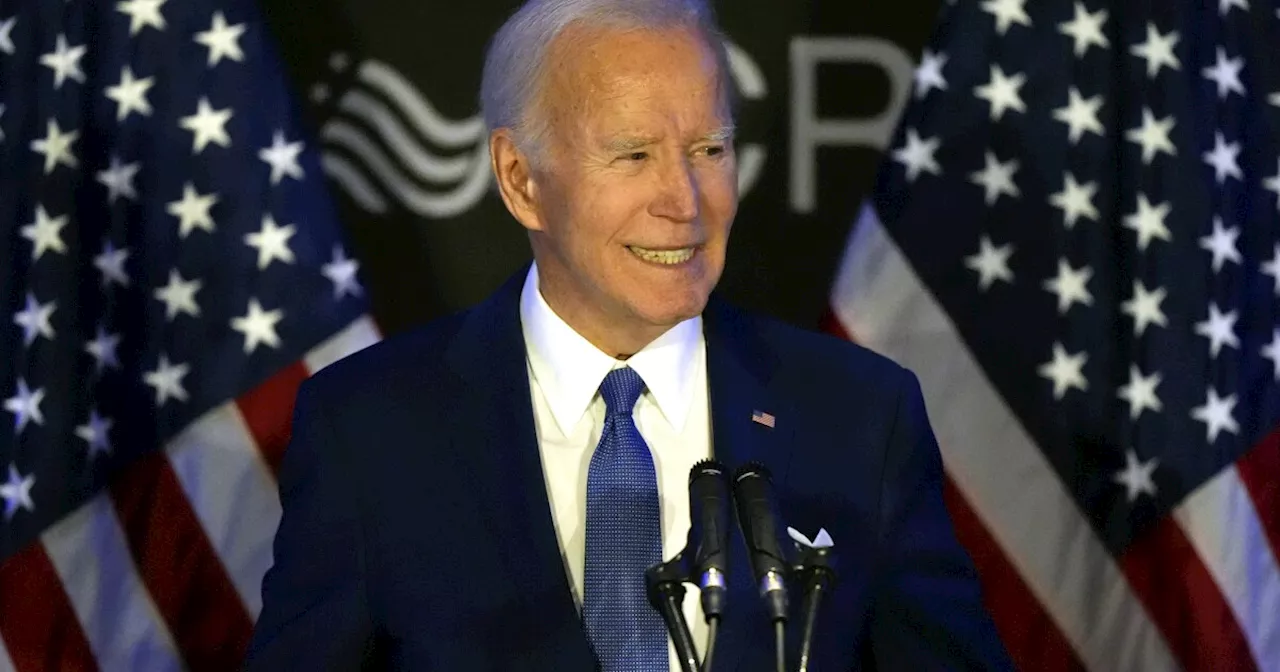Former President Joe Biden is undergoing radiation and hormone therapy following a diagnosis of aggressive prostate cancer. This announcement was made by his spokesperson, Kelly Scully, who disclosed the details on Saturday. The 82-year-old former president’s cancer has reportedly spread to his bones, intensifying the urgency for treatment.
Biden’s diagnosis came after he experienced urinary symptoms, which prompted further medical evaluation. The cancer is classified with a Gleason score of 9, indicating that it is among the most aggressive forms of prostate cancer. According to medical experts, Gleason scores range from 6 to 10, with higher scores reflecting more aggressive disease characteristics.
Details on Treatment and Health Concerns
As part of his treatment plan, Biden is currently receiving radiation therapy and hormone treatment, which are common approaches for managing advanced prostate cancer. Scully stated, “As part of a treatment plan for prostate cancer, President Biden is currently undergoing radiation therapy and hormone treatment.” The treatment follows a previous health issue earlier this year, where Biden underwent surgery to remove skin cancer lesions from his forehead.
Biden left office in January 2023, having decided against seeking reelection after a challenging debate against Republican candidate Donald Trump. His age and health have been topics of concern during and after his presidency, particularly as he became the oldest individual to serve as U.S. president.
The public’s interest in Biden’s health is heightened as he continues to navigate the complexities of his post-presidential life while addressing significant health challenges. His ongoing treatment reflects the broader conversations surrounding the health of national leaders and the implications of age on leadership roles.
Biden’s situation underscores the importance of regular health screenings, especially for conditions like prostate cancer that can develop silently. The former president’s diagnosis and treatment journey may serve as a catalyst for increased awareness and dialogue about prostate health among men, particularly those over the age of 50.
In light of these developments, Biden’s office has committed to keeping the public informed about his health status and treatment progress. As this story unfolds, the focus remains on the impact of his treatment on his overall health and the political landscape.





































































